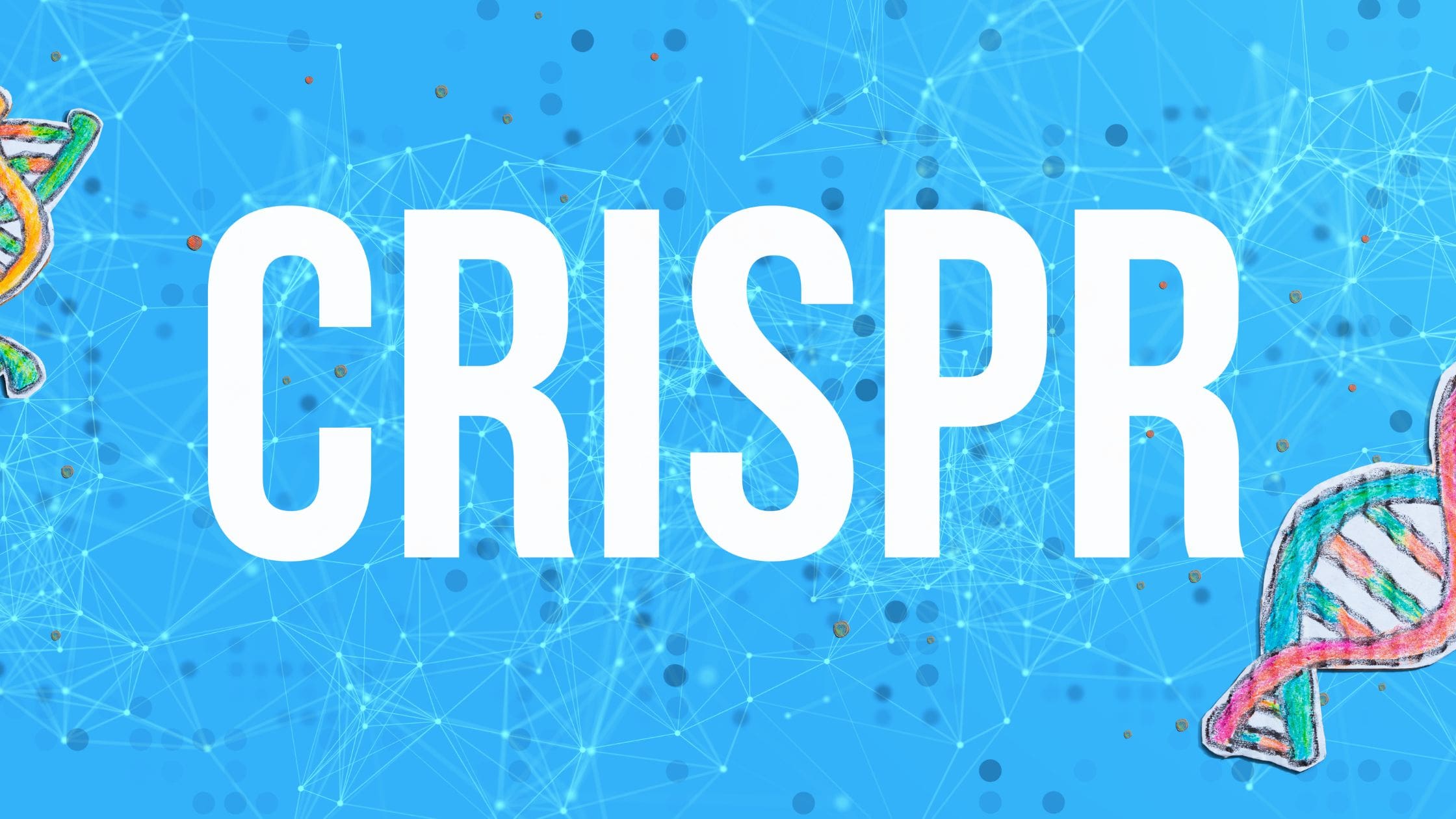For many years, it’s been a widely accepted fact that nutrition has a significant effect on our health. The foods we eat play a primary role in our body composition and function. “Eating well” helps things work or grow as they should and aids in fighting off disease. This being said, it should come as no surprise that eating a healthy, well-balanced diet, especially when paired with regular exercise, can also add valuable years to your life.
In a study of over 6,200 Americans, researchers at Johns Hopkins University discovered that four particular lifestyle behaviors contributed to reduced risk of cardiovascular events and death (from most causes) by 80%. Not smoking, maintaining a normal weight, regular exercise and eating a diet rich in vegetables, legumes, fruits, nuts, whole grains, and fish all contributed to better overall health and longer life.
Eating less red meat, processed meat and dark poultry can also give your health a major boost. Some research suggests that a plant-based diet might even add as much as a decade to your projected lifespan.
Even with scientific research on your side, the true challenge to longevity lies in helping people understand why and how certain foods and food groups can lead to significant health gains. Sure, telling someone that vegetables are good for you is easy, but getting them to understand why they’re good for you, and making them care about it, is another story.
Some nutritional experts, like Danine Fruge, MD, ABFP, have pointed out patterns among humans and how we tend to adjust or neglect dietary habits throughout our lifetime. Young people are, obviously, among the worst nutritious offenders due to their outstanding physical resilience, even when they’re making poor diet choices.
Seniors and elderly people also have a tendency to let loose and simply eat the things they enjoy. This stat is a little harder to knock, as individuals at a later point in life certainly seem to have earned the right to eat as they please. However, this age group is often at the greatest risk of serious health conditions and events, and even small changes in diet can keep serious disease and mortality at bay.
Experts insist that making changes to your diet or exercise regimen can be highly beneficial at any age. That’s right, it’s never too early or too late to start doing right by your body. A healthy diet and moderate exercise regimen support better health in old age, with fewer age-related diseases and disabilities.
But reimagining a tasty, fat and sugar-filled diet isn’t a practice that should be reserved for those of advanced age. Even in younger individuals, a balanced lifestyle can significantly reduce or even reverse the risks of conditions like heart disease, unhealthy cholesterol or blood pressure, diabetes and metabolic syndrome. Active, healthful lifestyles are also likely to lessen the threat of certain cancers.
Over the past few decades, researchers have investigated the inner workings of the longest-living populations in the world in an attempt to uncover the secret to longevity. From Okinawa, Japan to Ikaria, Greece and California, the longevous inhabitants logged several similarities in their diets and activity level. Most of the oldest residents kept a balanced diet low in saturated fats, sugar and meats, loading up on fruits, veggies, whole grains and legumes. Spry senior citizens and centenarians also kept their bodies moving, tending gardens, bicycling and keeping pace with grandchildren well into their golden years. At the end of the day, there is no magic elixir that is guaranteed to extend your stay on earth. Even emerging trends like gene therapy have a long way to go to prove their worth. However, science still has a place in longevity, and we shouldn’t ignore the valuable research that’s been uncovered over the past decades. If you’re looking for a real-life fountain of youth, a multidisciplinary approach involving a healthy diet, regular exercise and a sprinkling of positive outlook might just do the trick.




